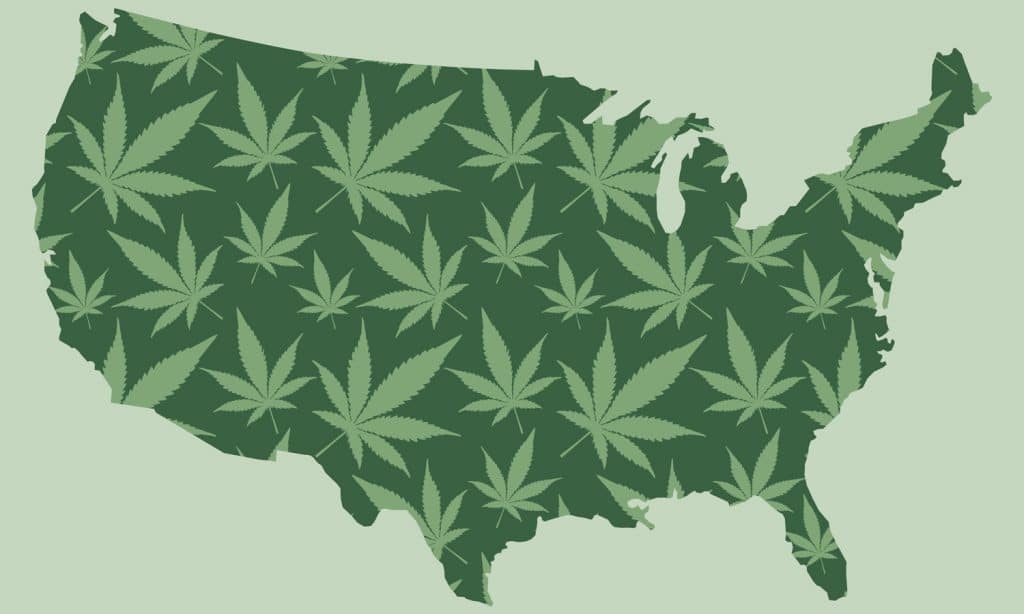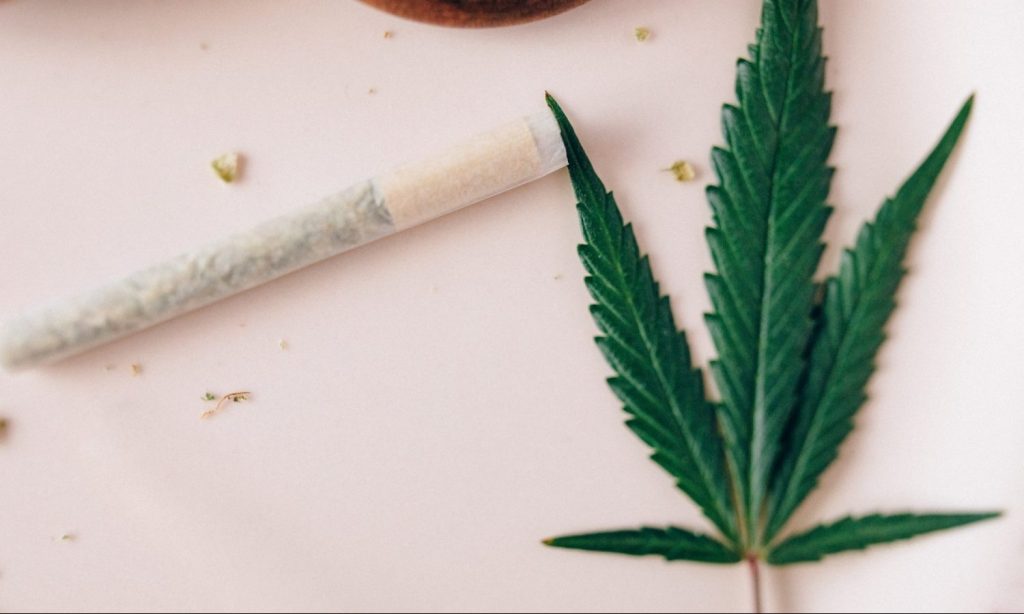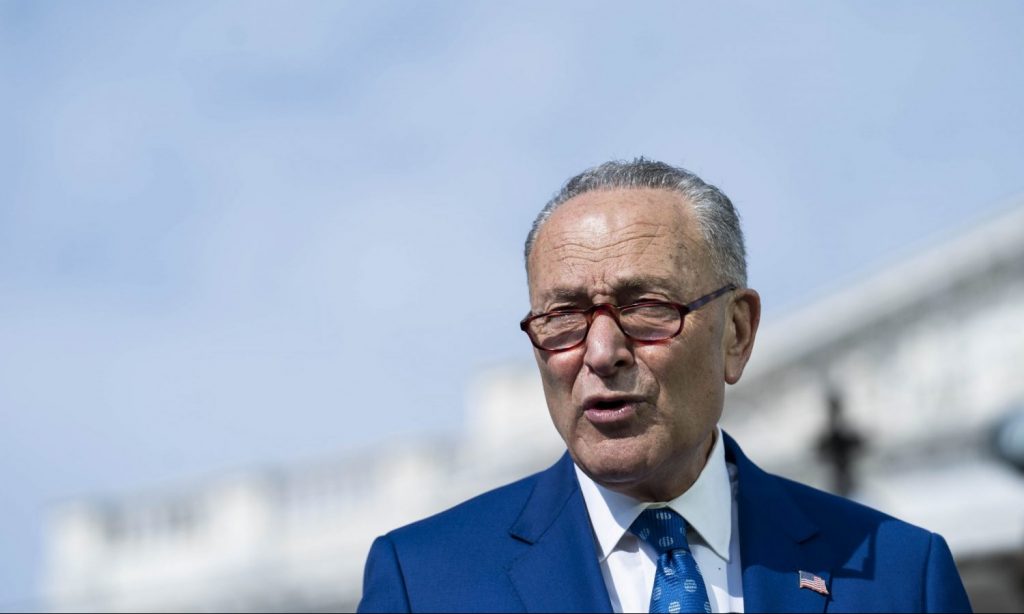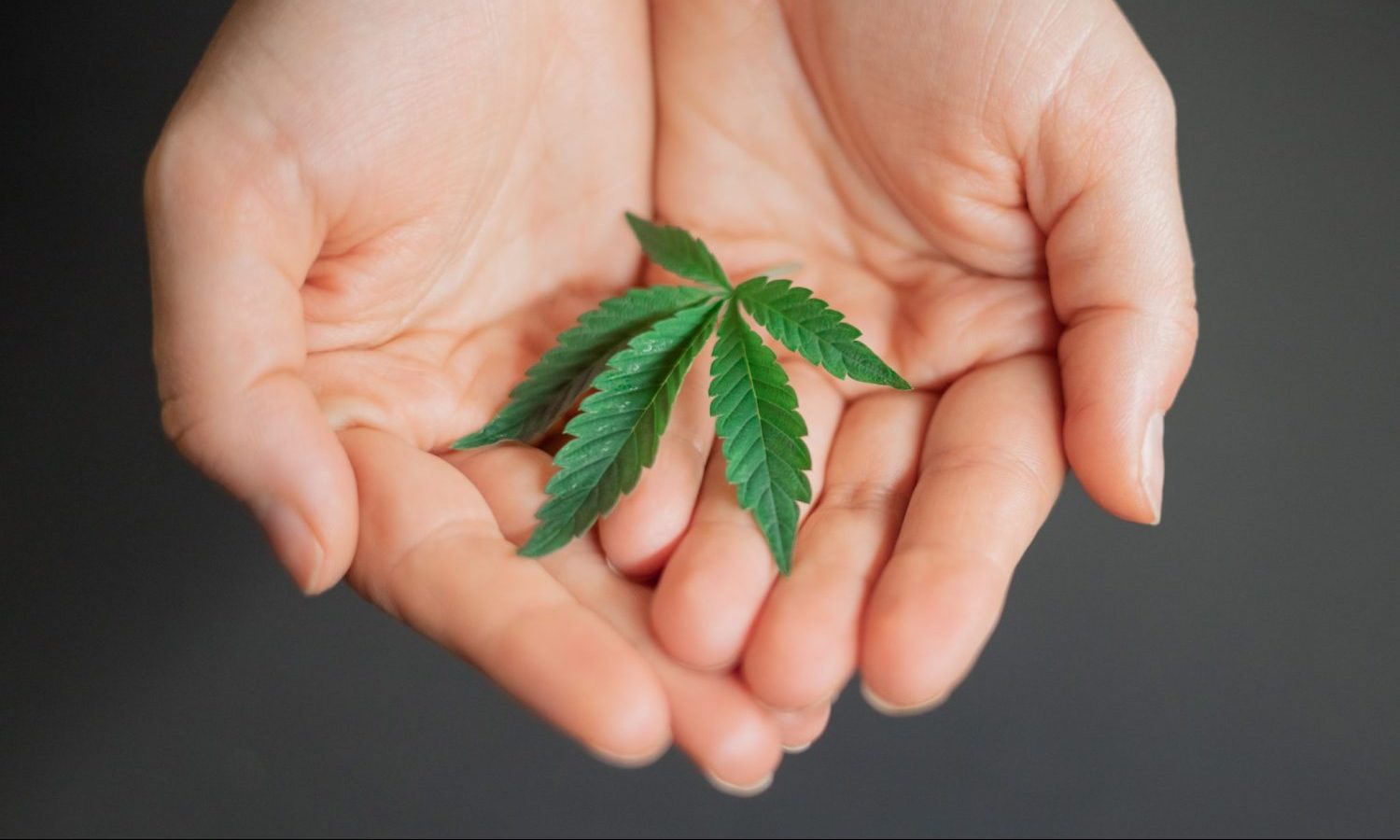The U.S. is in a unique position right now to make drastic policy changes that will continue to benefit the country for decades to come.
You or someone you know wants the United States government to legalize marijuana. In fact, it’s more likely than not that most of the people you rub elbows with on any given day support ending federal pot prohibition.
The latest poll from the Pew Research Center finds that 91% of the population now thinks Uncle Sam should end cannabis criminalization across the board and allow it to be used for therapeutic purposes. They also think it should be taxed and regulated like alcohol and tobacco. This means only 1 in 10 Americans believe marijuana should remain classified as an illegal drug, and that most of the population considers it ridiculous to keep policing it.

So, hey, someone should let the federal government know that the country is primed for legal weed. Because the inner workings of that rusty machine are not likely to come to terms on this issue anytime soon.
Although FiveThirtyEight recently declared that both parties want legalization, the article fails to mention that, while a bipartisan issue, pot doesn’t have strong enough support to go off without a hitch. And that’s the reason the federal government isn’t on board.
As we pointed out last week, just because marijuana reform is a hot topic that crosses party lines, doesn’t mean federal legalization is a sure thing. The problem is there is no new blood to truly motivate the cannabis debate. It’s mostly the same small group of bipartisan supporters.
It could be said that not enough Republicans want it, or not enough of the right ones. Furthermore, not every Democrat feels strongly about efforts to reform pot laws. Even Pew found discrepancies in the support threshold that will undoubtedly jam up the cannabis cause. Lawmakers can’t agree on marijuana. They certainly can’t when it pertains to how it should be used.
RELATED: Marijuana Is Bipartisan, But That Doesn’t Mean Federal Legalization Is A Sure Thing
“While both Republicans and Democrats differ greatly on whether marijuana should be legal for medical and recreational use, there are also age divides within each party,” Pew reported. “A 63% majority of Republicans ages 18 to 29 favor making marijuana legal for recreational and medical use, compared with 53% of those ages 30 to 49 and 48% of those 50 to 64. However, only about a quarter of Republicans 65 and older (27%) say marijuana should be legal for both.”
Whew!

If your head is spinning a little after reading the above paragraph, imagine those whirling, confusing pieces of data with faces and a mouthful of opinions. It makes perfect sense why prohibition hasn’t been repealed. The politicians in charge of changing the national drug policies just can’t figure out how or why to focus energy on legal pot. They’re not even sure if God wants them to do it. Never mind that several states have already legalized pot for adult use, and many are enjoying a great deal of success; the boys and girls on Capitol Hill remain apprehensive about marijuana. It’s just one of the reasons that Congress is considering a bill this session designed to study statewide legalization for the next ten years, rather than just get on with it.
No doubt, Uncle Sam’s foot is-a-dragging.
RELATED: We’re About To See If Senate Filibuster Will Ruin National Cannabis Reform
Nevertheless, Senate Majority Leader Chuck Schumer is going to attempt to end marijuana prohibition soon. He’s just waiting for the right time to slide a bill into the Senate circus. It’s an admirable fight — it really is — but, as we mentioned above, Congress is a garbled mess right now, a political kitchen with too many cooks, most of which have little to no experience in cannabis, trying to prepare the menu for how the pot industry will be allowed to take shape. It remains to be seen whether that will leave legal weed the business equivalent of a Michelin restaurant or an ant-infested picnic table littered with a half-eaten bologna sandwich and some chips.

Perhaps waving a wad of cash around Capitol Hill would help move the cannabis issue along. A recent study shows that legal weed could contribute $92 billion to the national economy this year. But the money probably won’t matter. The IRS is going to get their share one way or another.
Meanwhile, states are starting to base unemployment benefits on a person’s willingness to find a new job to make up for the one they lost due to COVID-19. The United States is in a unique position right now to make drastic policy changes that will continue to benefit the country for decades to come. It’s just whether Congress will see that marijuana should be part of the plan.


